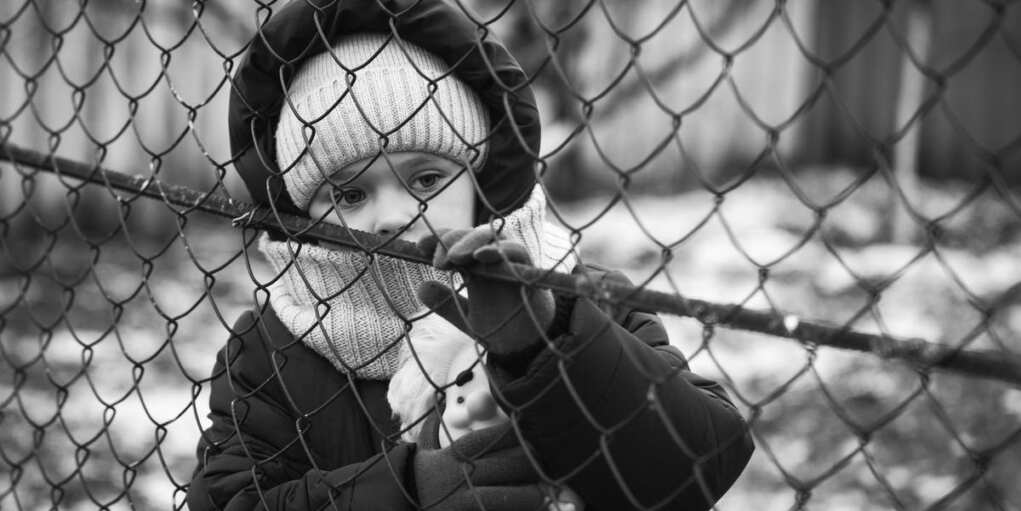Trump Slams Media for Ignoring White Genocide

President Donald Trump accused legacy media outlets on Monday of deliberately ignoring what he described as a genocide against white farmers in South Africa, blasting reporters during an executive order signing in the Roosevelt Room.
“It’s a genocide that’s taking place that you people don’t want to write about, but it’s a terrible thing that’s taking place, and farmers are being killed,” Trump told the assembled press. “They happen to be white, but whether they’re white or black makes no difference to me.”
Trump’s comments came as his administration, through the State Department, began welcoming Afrikaner refugees to the U.S. — individuals fleeing threats of land confiscation and racial discrimination in South Africa. According to the administration, the move is a direct response to years of targeted violence and hostility from government-aligned forces in the African nation.
“The newspapers and the media — television media — doesn’t even talk about it,” Trump added. “If it were the other way around, they’d talk about it. That would be the only story they’d talk about.”
Trump stressed that his concern is not about race. “I don’t care about their race, their color, I don’t care about their height, their weight. I don’t care about anything, I just know that what’s happening is terrible.”
His remarks were quickly echoed by Secretary of State Marco Rubio, who took to X to affirm the administration’s refugee policy: “As [Trump] assured, Afrikaners fleeing persecution are welcome in the United States.”
Rubio went on to slam the South African government, saying, “They’ve treated these people terribly — threatening to steal their private land and subjecting them to vile racial discrimination. The Trump Administration is proud to offer them refuge in our great country.”
Deputy Secretary of State Chris Landau, speaking to Breitbart News at Dulles International Airport as the first group of refugees arrived, pointed to the repeated threat of expropriation without compensation and inflammatory rhetoric from South African politicians.
“We’ve seen several very vociferous South African politicians repeating things like ‘Kill the boer, kill the Afrikaner,’” Landau said. “These people have been living under a shadow of violence and terror for some time now.”
While the South African government has consistently denied that there is any racial targeting of white farmers, Trump and his allies say the facts on the ground tell a different story — one they believe the media refuses to cover.
Trump has raised the issue of violence against South African farmers before, but Monday’s remarks and the launch of a new refugee policy mark a significant escalation. The administration’s move to offer resettlement opportunities to Afrikaners is likely to stoke international controversy, particularly as South Africa pushes back against allegations of systemic targeting.
For Trump, the episode plays into two of his key themes: exposing media bias and defending victims of what he views as ideological persecution. And by linking the refugee effort to broader concerns over global property rights and political violence, he’s signaling that his second-term foreign policy will not shy away from controversial terrain.
The question now is whether more legacy outlets will pick up the story — or continue to ignore it, as Trump charges. Either way, his administration is moving forward with what it sees as a necessary humanitarian response to a crisis the mainstream press would rather pretend isn’t happening.

